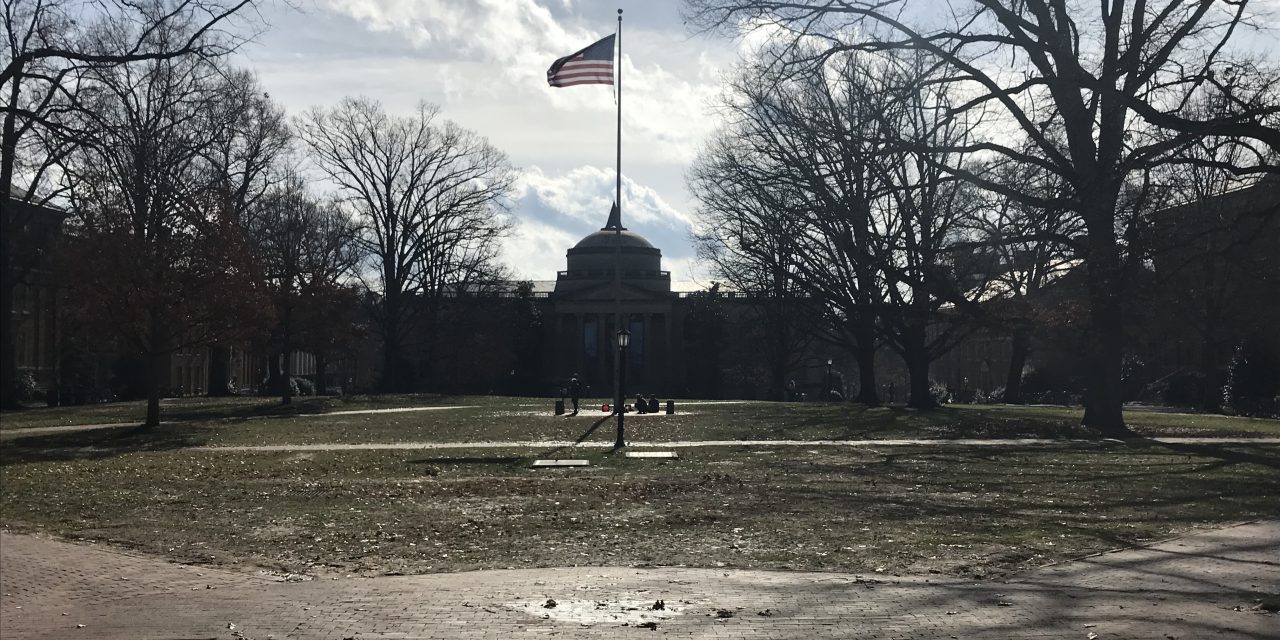The President’s Cancer Panel released a new report on HPV vaccination rates, showing they have increased but are still well below target.
The report shows that about 43 percent of the nation has received the necessary dosage of HPV vaccination, while the panel’s goal is 80 percent coverage.
Professor of Health behavior Noel Brewer served as special advisor to the panel.
He says the nation should focus on three important opportunities for increasing HPV vaccination rates.
“The first is to reduce missed clinical opportunities to recommend and administer the HPV vaccine,” says Brewer. “Second, providers should increase parent’s acceptance of HPV vaccinations, but that also relies on national, promotional campaigns by partners such as the American Cancer Society and the Centers for Disease Control and Prevention. Third and finally, it’s important to maximize access to HPV vaccinations and services.”
HPV, short for human papillomavirus, infects nearly 14 million Americans every year.
Simply by giving your child the correct dosage of the HPV vaccine, you can prevent six different types of cancer.
While the vaccine has been available for over 12 years, Brewer says many parents believe it is new, and therefore have some concerns.
“Parents have a lot to think about when they’re taking care of their kids,” says Brewer. “In my experience, parents who have concerns with the HPV vaccine or the flu vaccine or whatever vaccine are often just curious about what the potential harms could be, or have some sense of discomfort, but it’s coming from trying to take care of their kids.”
Despite any perceived risks, Brewer says the HPV vaccine is one of the most studied medications available.
“There have been 109 studies in six countries with 2.5 million people,” says Brewer. “These studies conclusively show HPV vaccine is safe.”
More information is available at HPV.com.
Related Stories
‹
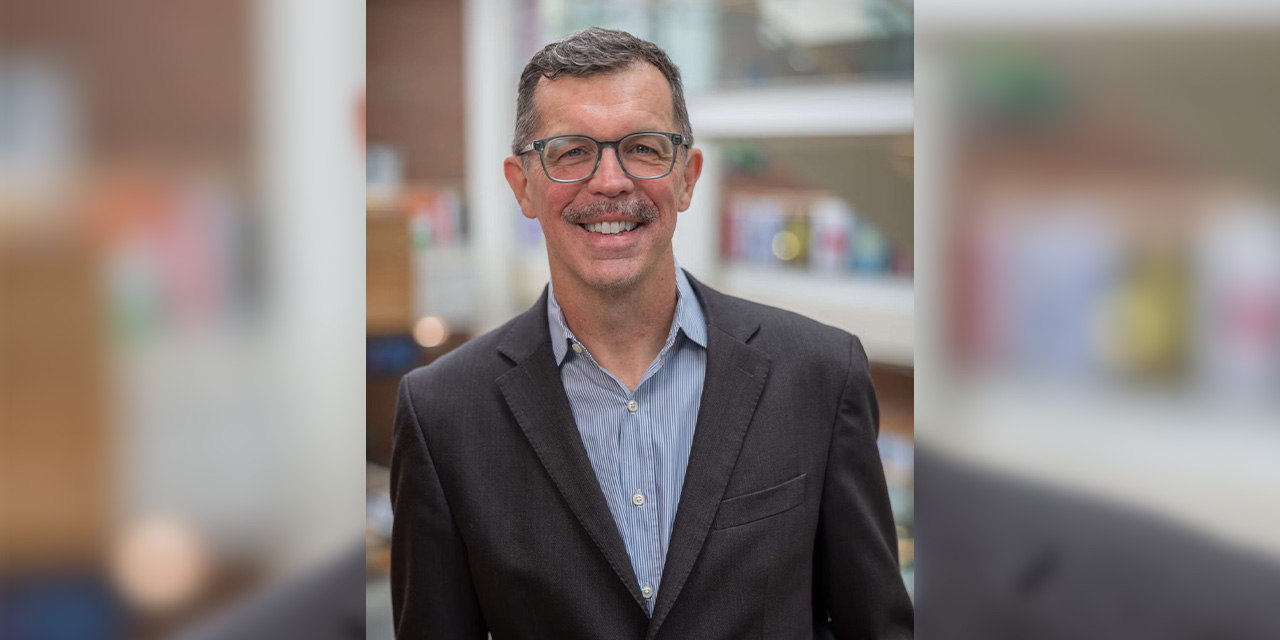
UNC Researcher: Overhaul of CDC Vaccine Advisory Group Adds to 'Incredibly Stressful' Health EnvironmentU.S. Health and Human Services Secretary Robert Kennedy Jr. announced one week ago he would shake up one of the key volunteer groups that advises the Centers for Disease Control and federal government on how to use vaccines. All 17 members of the Advisory Committee on Immunization Practices (ACIP), who were approved by President Joe […]
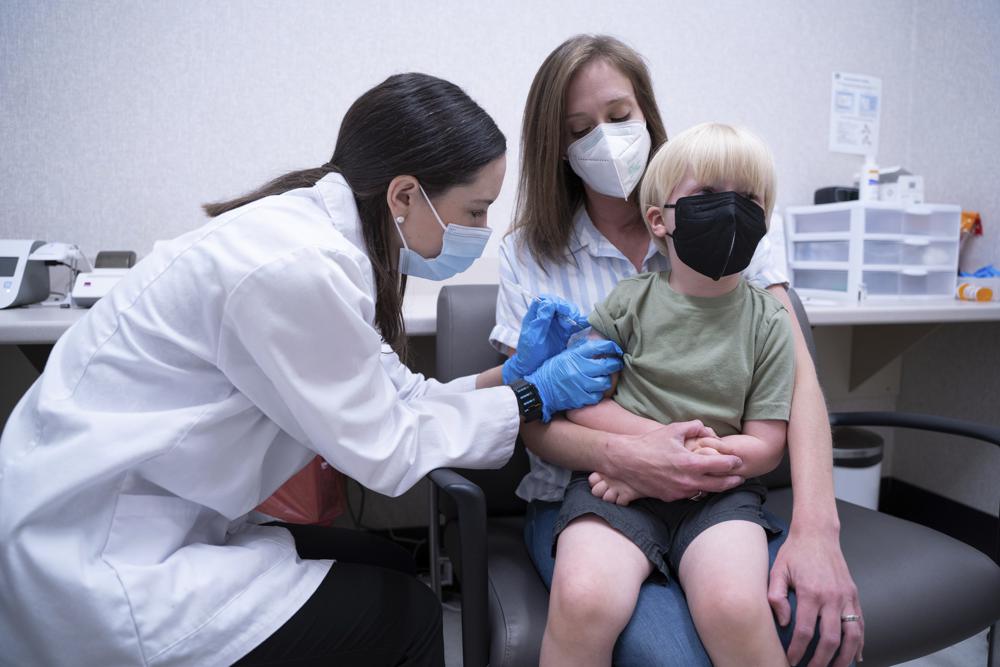
As COVID Cases Surge with New Variants, Experts Encourage Bivalent VaccineNorth Carolina last week, compared to 23,322 the previous week. UNC infectious disease specialist Dr. David Wohl said the latest Covid surge is placing stress on hospital systems, clinics and workplaces.
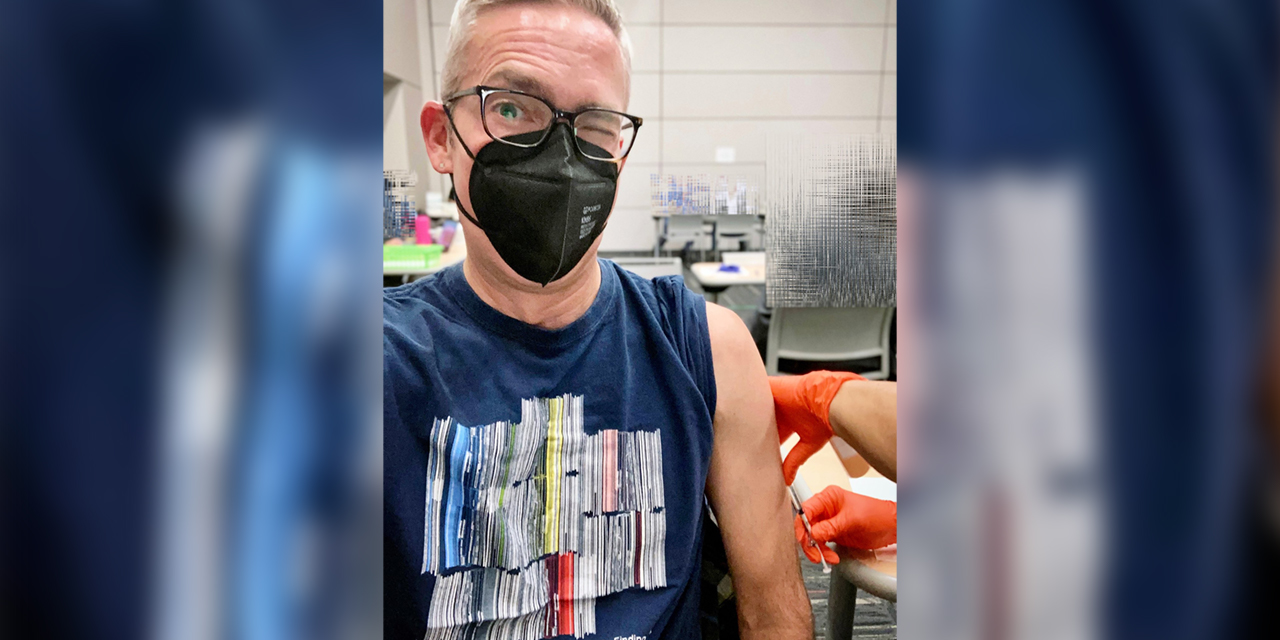
As NC Monkeypox Cases Rise, Mayor Seils Urges Those Eligible to Get VaccinatedMayor Damon Seils and a UNC student both received their monkeypox vaccine and are encouraging others to do the same.
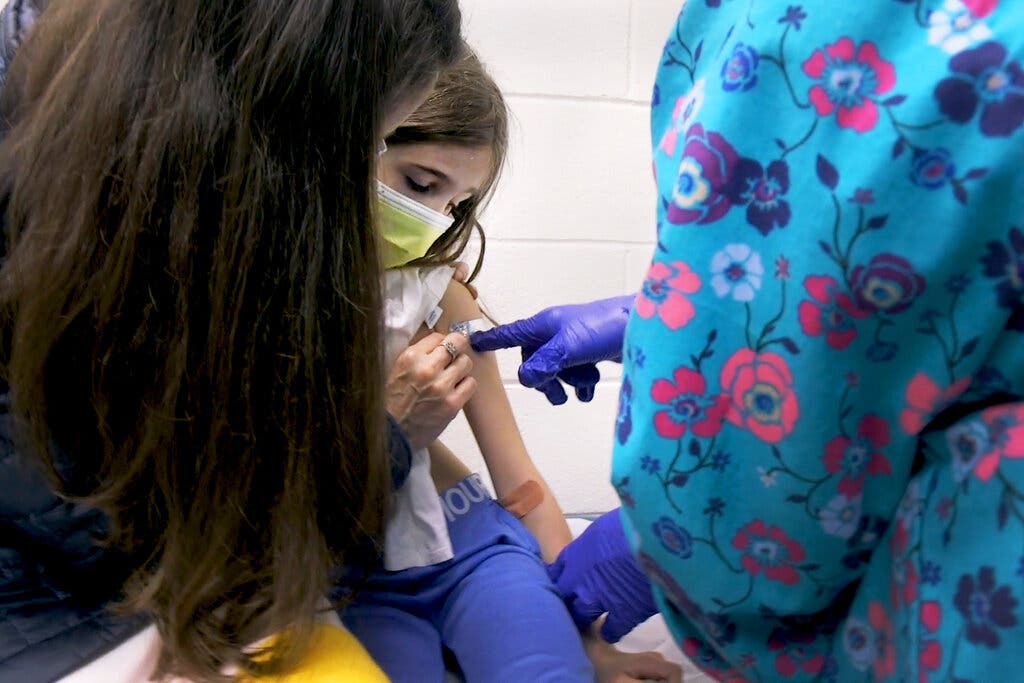
Pfizer Vaccine to Soon Be Available for Children Ages 5-11; Duke Expert Weighs InAfter months of clinical studies, federal regulators are poised to approve a COVID-19 vaccine for young children.
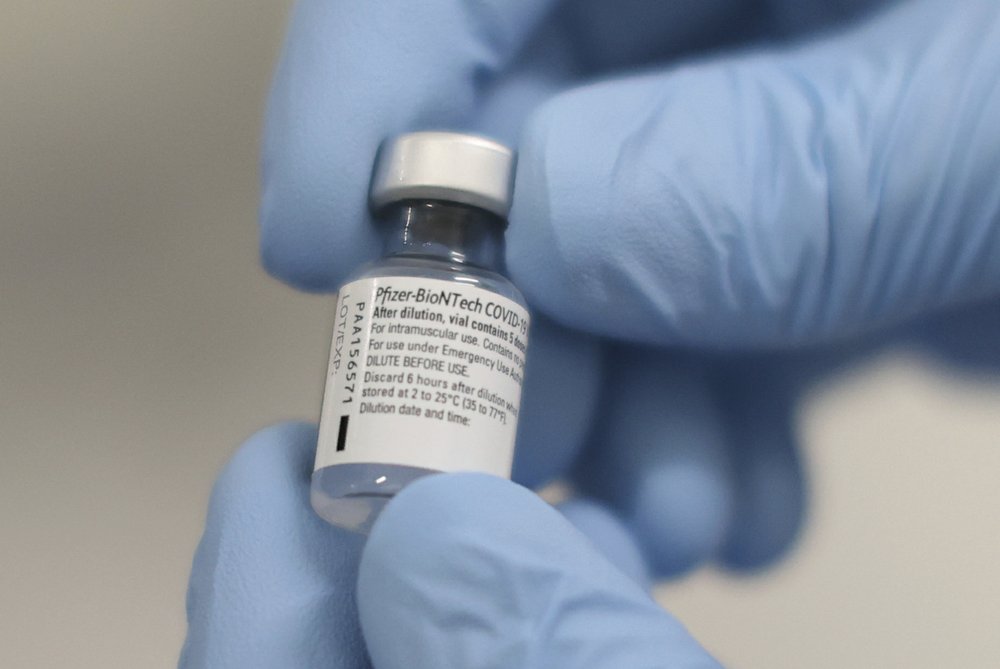
Duke Expert: If COVID Vaccine Boosters Come This Month, Low-Risk Public Should WaitIn mid-August the FDA approved a third round of the Pfizer or Moderna vaccine for immunocompromised peoples. Now, President Joe Biden wants all Americans to be eligible for a booster shot the week of September 20 – with healthcare workers and nursing home residents first in line.

Full Approval of Pfizer's COVID-19 Vaccine Paves Way for Vaccine MandatesThe vaccine made by Pfizer and its partner BioNTech now carries the strongest endorsement from the FDA, which experts say will make it easier for businesses and governments to move forward with vaccine mandates.
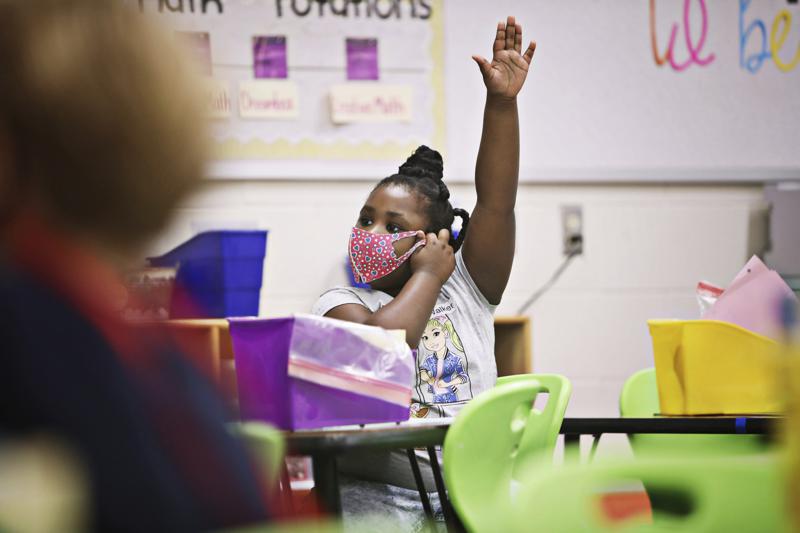
CHCCS to Require Masks For All, Mandate COVID Testing for Unvaccinated StaffThe Chapel Hill-Carrboro City Schools Board of Education voted to approve a universal mask requirement in schools as well as mandatory COVID-19 vaccinations or weekly testing for staff.
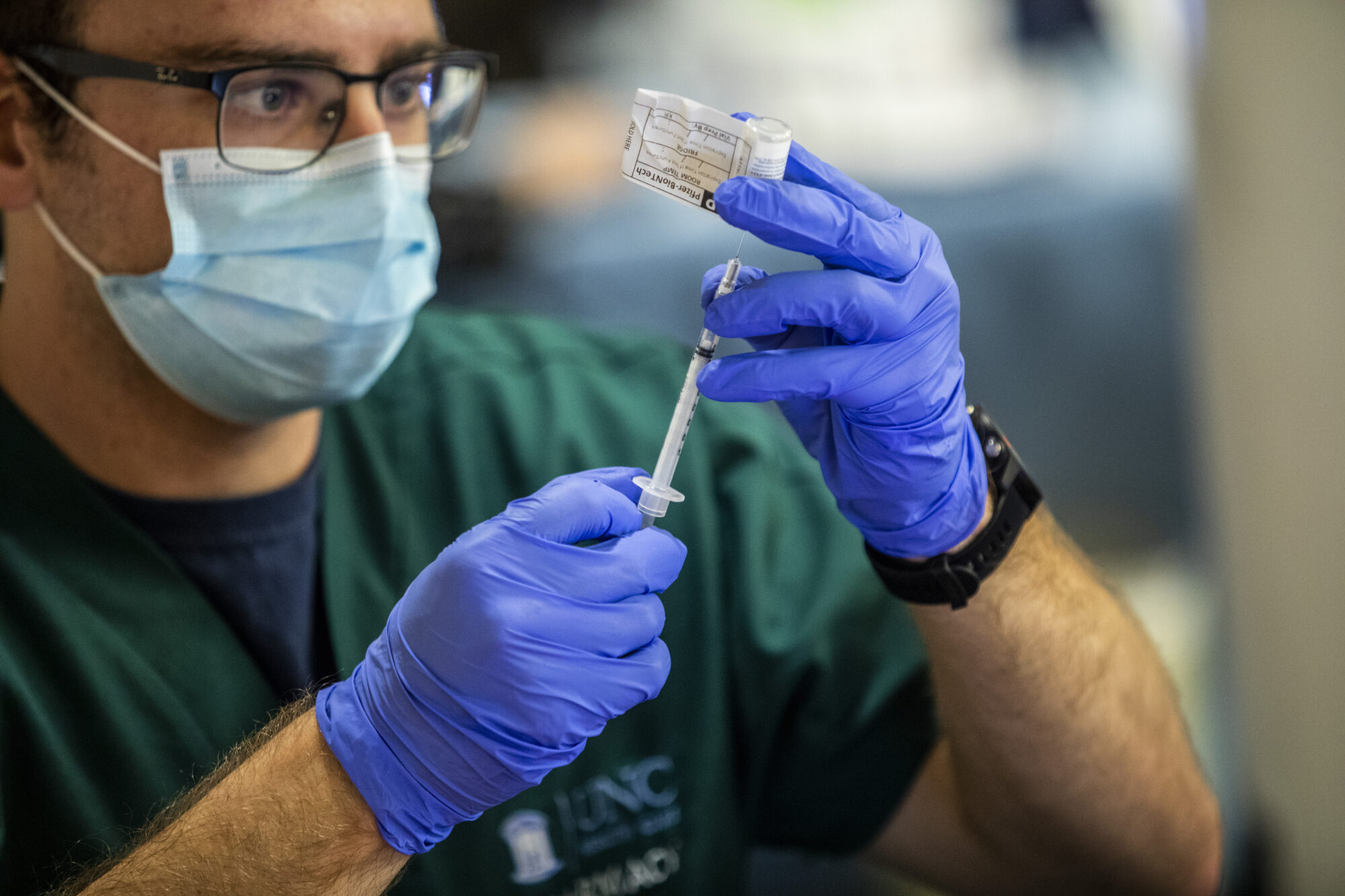
New UNC Vaccine Aims to Protect Against COVID Variants, Future PandemicsScientists at the UNC Gillings School of Global Public Health have developed a new vaccine that could be effective against COVID-19 and its variants while also protecting against a future coronavirus pandemic.
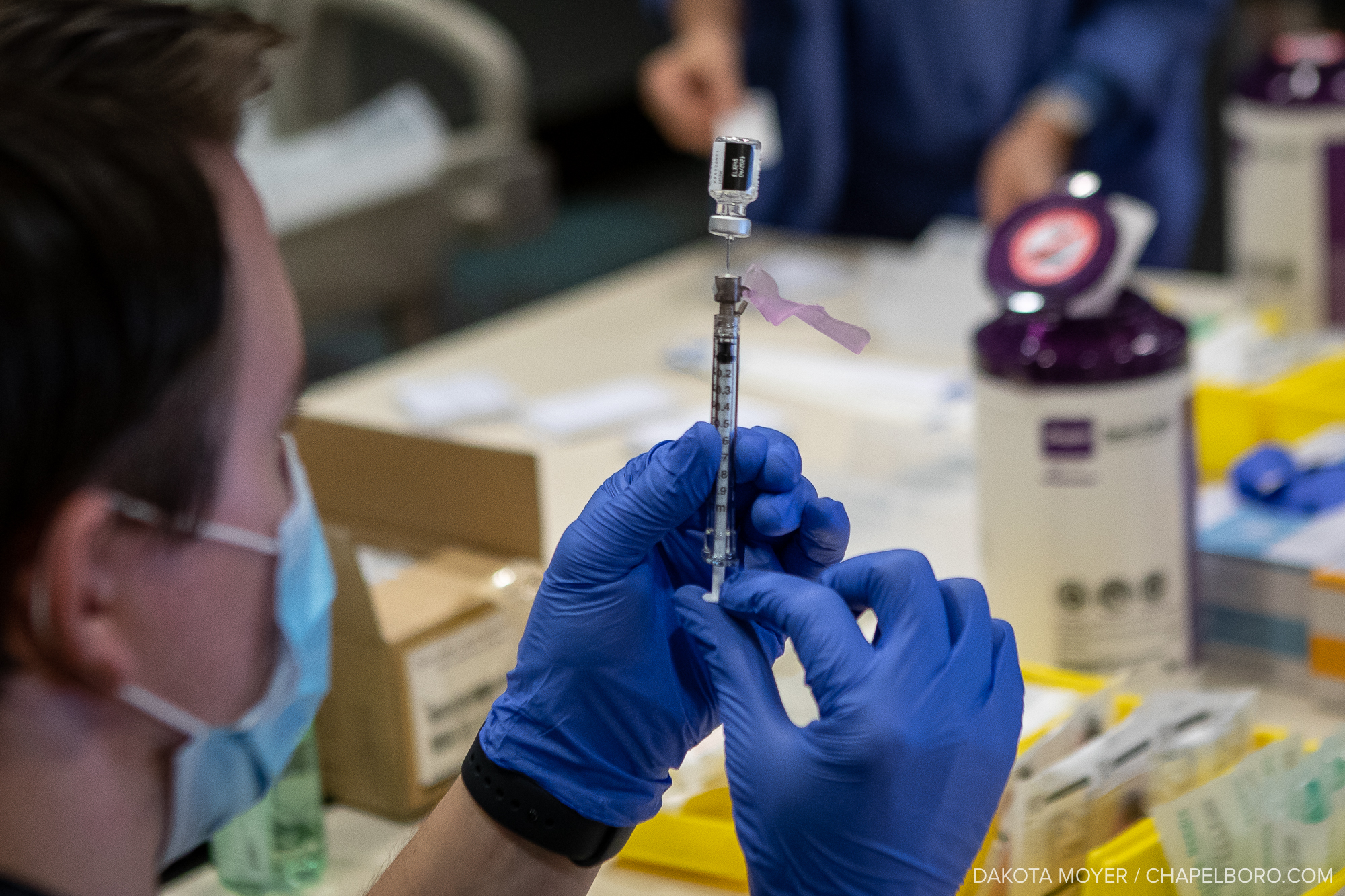
More Than 50 Percent of Adults in North Carolina Have Received the COVID-19 VaccineNorth Carolina hit a major benchmark this week, as half of adults age 18 and over have received at least one dose of the COVID-19 vaccine. “This is a significant milestone toward our goal of stopping the spread of COVID-19 and bringing summer back to North Carolina,” said the state’s Department of Health and Human […]
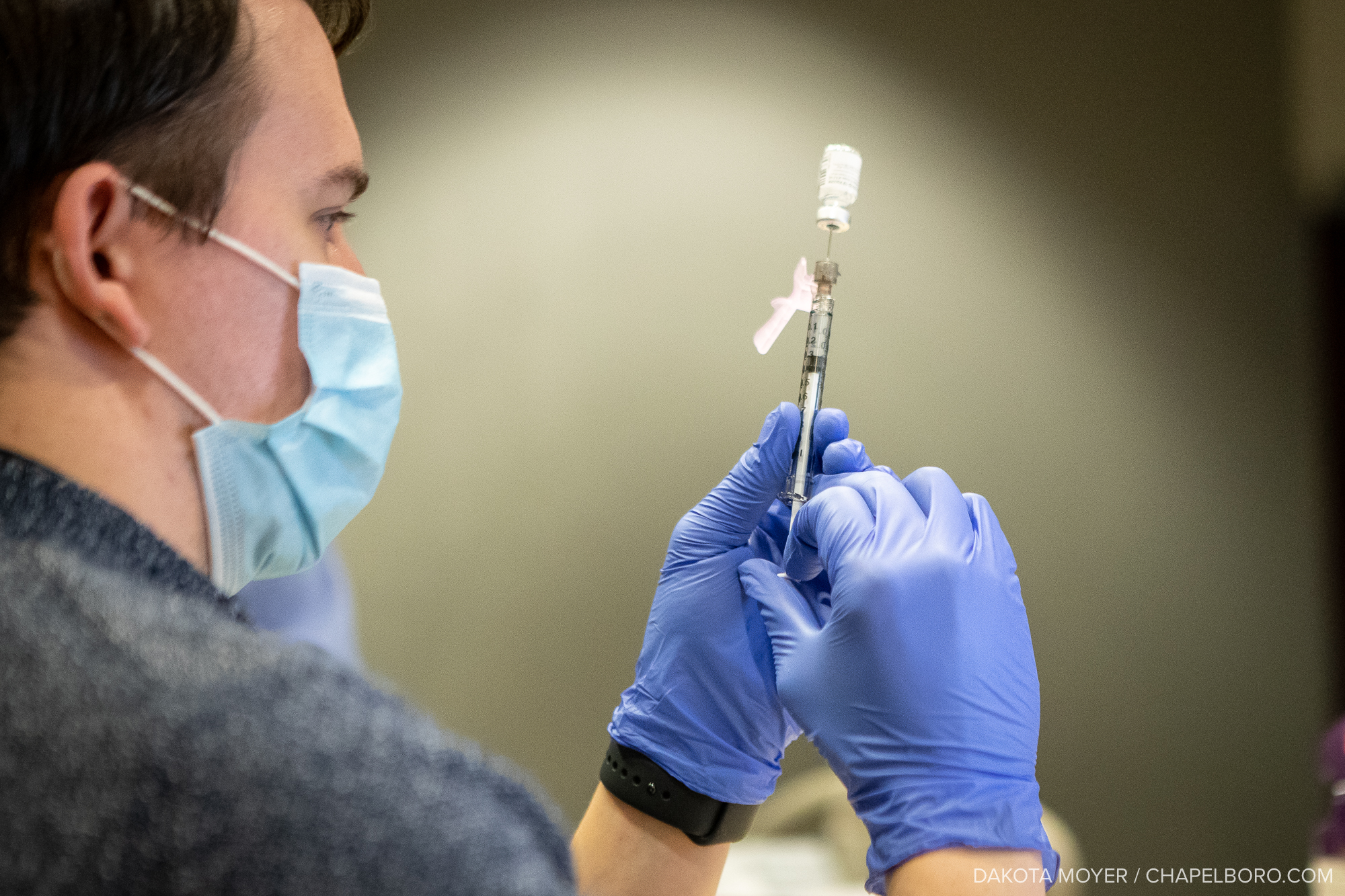
Orange County Health Department Transitions to Walk-Up Vaccination ClinicsThe Orange County Health Department is changing up its operations as more county residents are vaccinated, vaccine supply increases and community demand wavers.
›

